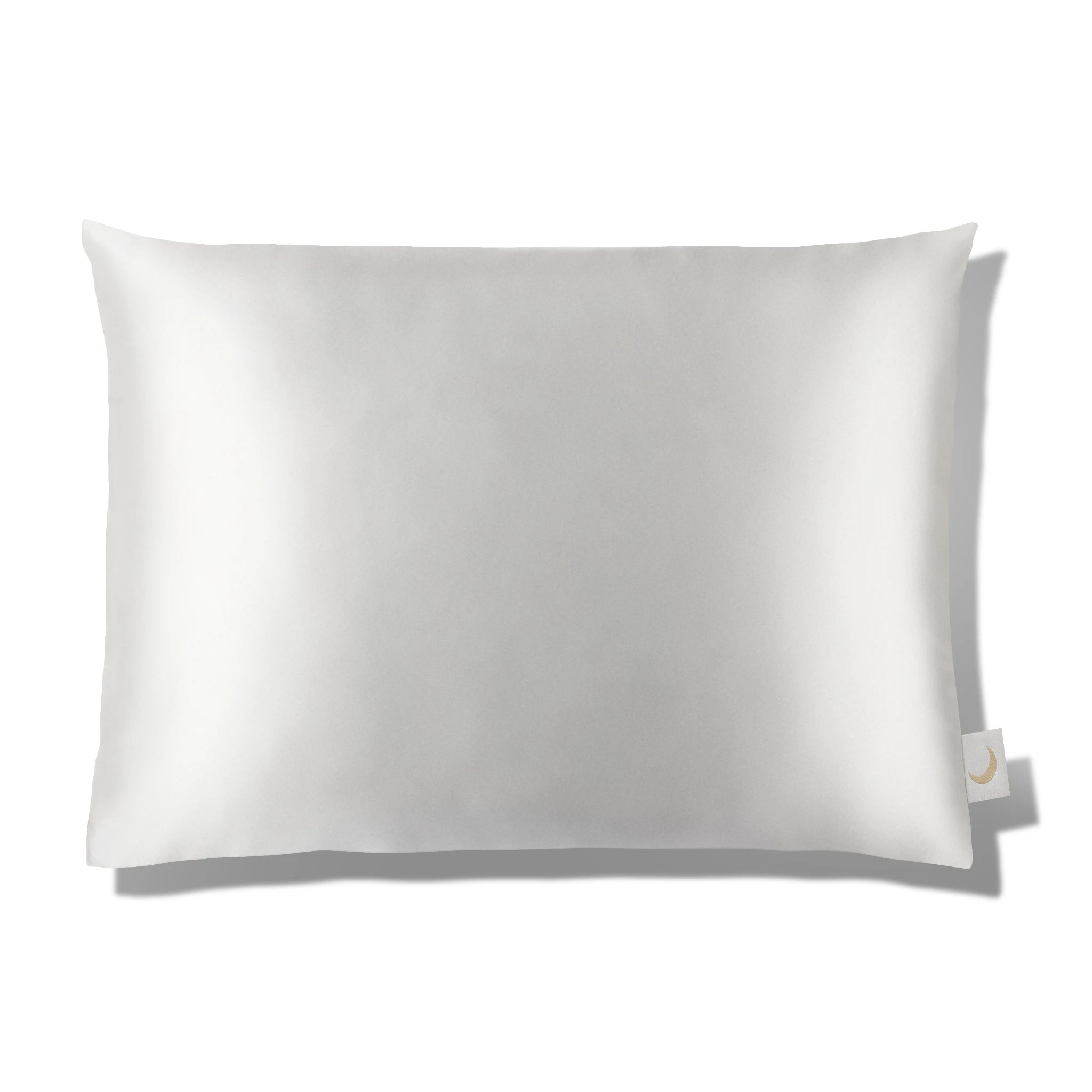How to Wake Up Early in 2026: 15 Science-Backed Ways That Actually Work
Waking up early isn’t about willpower. It’s about biology, environment, and tiny repeatable actions.
I used to be the person who hit snooze 7 times and still felt dead at 10 AM. Then I tested every popular method (and a few weird ones) for 18 months straight. These 15 strategies are the ones that survived.
How to Wake Up Early and Not Feel Tired: Why Most People Fail
Before the tips: understand why the usual advice (“just sleep earlier”) doesn’t work for 70 % of people.
- You might be a genetic night owl (chronotype determined by PER3 gene – ~50 % of population).
- Blue light and caffeine after 2 PM shift your circadian rhythm by hours.
- “Revenge bedtime procrastination” keeps you scrolling when you finally have free time.
The good news? You can override most of this.
Phase 1 – Fix Your Sleep (Do This First)
- Find your ideal bedtime using the “sleep calculator” method
Count backwards 7.5–9 hours from your target wake-up + 15 min to fall asleep. Example: want to wake at 5:30 AM → sleep by 10:00 PM latest. - 90-minute rule (sleep in complete cycles)
Waking up mid-cycle = groggy. Use SleepCycle or Alarmy app to wake you in light sleep phase. - The 10 hours Caffeine Rule (Andrew Huberman 2024 protocol)
No caffeine 10 hours before bed (so if bedtime 10 PM → last coffee 12 PM).
Phase 2 – How to Become a Morning Person
- The “10-minute rule”
Commit to only getting out of bed and putting feet on the floor. 95 % of the time you’ll keep going. - Alarm across the room + “puzzle alarm” apps
Apps like Alarmy force you to scan a barcode in the kitchen or solve math problems. - Light is the #1 Zeitgeber
Get 5–15 min of direct sunlight within 30 min of waking (even if cloudy). Raises cortisol naturally, kills melatonin. - Temperature drop at night
Cool your bedroom to 16–19 °C (60–67 °F). Core body temperature needs to drop ~1 °C to fall asleep fast.
Phase 3 – Wake up Early Hacks
- The “fake commute”
Even remote workers: after waking, go for a 15-min walk or sit somewhere else with coffee. Tricks your brain that the day started. - Melatonin timing paradox
Take 0.3–0.5 mg low-dose melatonin 5–6 hours BEFORE bed (not at bedtime). Advances your clock instead of just sedating you. - Exercise timing
Lifting weights or HIIT between 4–8 PM helps night owls shift earlier (2024 Stanford study). - The dopamine menu
Prepare 3–5 highly rewarding morning activities (reading in a specific cozy corner, favorite playlist + shower, making fancy coffee). Choose one when the alarm rings. - Social commitment device
Schedule a 6:30 AM call with a friend or join an online 5 AM club (yes, they exist). - Gradual shift (the sustainable way)
Move bedtime & wake-up 15 min earlier every 3 days. Takes 3–6 weeks but almost never fails. - Track “sleep debt” honestly
Use Oura/Whoop/Apple Watch. If you have >8 h debt, you’ll crash no matter what. - The nuclear option: 36-hour fasted sunrise
Once a month: stay up all night, watch sunrise outdoors, then sleep 12 PM–8 PM and restart. Brutal but resets even the worst chronotypes (used by military).
Common Mistakes That Sabotage Your Progress
- Weekend lie-ins longer than +1 hour (destroys the entire week)
- Alcohol (even 1 drink fragments REM and makes early rising hell)
- Napping longer than 20 min after 2 PM
How to Wake up at 5am Naturally – Why Consistency beats Length
You’ve probably heard the magic number: “You must get 8 hours or you’ll die early.”
The truth? For shifting to an early wake-up, when you sleep matters far more than how many hours you log.
Here’s the science and real-world proof:
- A 2021 study on 2,000+ people (published in Nature Communications) found that people who went to bed and woke up at roughly the same time every day (±30 minutes) had lower depression, better cognitive performance, and higher energy — even if they only slept 6.5 hours — compared to irregular sleepers who averaged 8+ hours.
- Another 2023 meta-analysis (84 studies, 1.9 million participants) showed that


















